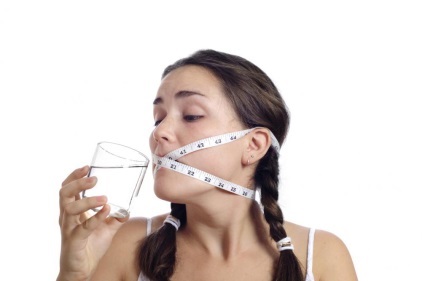Gastric sleeve surgery may be the solution to your weight related problems. It also serves as all the more reason for you to adopt a healthier and lifelong diet and lifestyle plan.
The ultimate goal of all bariatric surgery is to ‘provide physical change in digestive system that inevitably helps people to lose substantial weight’.
Note the definition; physical change means alteration to the stomach (and sometimes intestine) and helps lose weight which signals the effectiveness of this weight loss tool.
In the end, how well the surgery works depends more on the individual.
Weight-Loss Surgery without Appropriate Diet and Exercise Won’t Be Effective
It’s essential to follow recommended dietary guidelines (to the letter) after undergoing any weight-loss surgery. The following dietary guidelines have been carefully designed by certified healthcare providers and surgeons, specifically for individuals who have undergone bariatric surgery. End goal of this helpful guideline is limit calorie consumption while maintaining healthy weight and offering other benefits associated with having nutritionally balanced meals.
General Dietary Guidelines Following Bariatric Surgery
You should keep these guidelines in mind:
- Eat nutritionally balanced meals, with small portions
- Follow a diet that is low in fats, sugar, and calories
- Record your daily calorie and protein intake as well as food portions
- Eat slowly
- Avoid meats that aren’t easily chewable, such as steak and pork
- Avoid bread, rice, raw vegetables and fresh fruits
- Drinking from straws or carbonated beverages can cause discomfort and must be avoided. Same goes for chewing ice
- Avoid sugar and sugar containing food and beverages. Concentrated fruit juices and sweets must also be avoided
What to Eat Following Bariatric Surgery
Your calorie intake for the first two months, following the weight-loss surgery, should be between 300-600 calories per day, focusing on thin and thicker liquids.
Daily calories intake should not exceed 1,000 calories. So, keeping this in mind:
Fluids
Healthcare providers recommend drinking at least 8 cups (or 2 liters) of fluids daily. It will be difficult to reach this target early on, but gradually, you will get there.
Extra water and low calorie (or free) fluid between meals is recommended to avoid dehydration. Alcohol is also a no-zone as it will now be absorbed more quickly than before into your system, causing unpredictable mood-altering effects.
Protein
Muscle tissue can be adversely affected, following weight-loss surgery, but not if protein rich foods are added to your diet.
Foods high in protein are eggs, fish, ground meats, seafood, tuna, soy milk, poultry, cottage cheese, tofu, yoghurt and other milk products. Minimum protein requirement after weight-loss surgery is 65 to 75 grams in a day.
Supplements
The following supplements must be taken on a daily basis in addition to your diet, as these will prevent nutrient deficiencies. Remember to crush all pills or cut into 6-8 small pieces to help with the absorption process. You must take:
- Multivitamins
- Vitamin D
- Vitamin B12
- Calcium Supplement
- Iron and Folic Acid
Consult with your surgeon performing bariatric surgery regarding how much of each supplement is the required dosage.
The guidelines must be remembered and followed to prevent eating disorders like bulimia, anorexia, etc., which normally happens when dietary guidelines are foregone.
Looking for a gastric bypass or gastric sleeve surgeon in Mexico? You have come to the right place! International Patient Facilitators offers helpful resources for individuals looking to undergo bariatric surgery in Mexico, at an affordable price range. Visit us today!
Reach out to our Forum www.medicalchatmexico.com
Much success in your journey.
Respectfully,
International Patient Facilitators – Cancun and Tijuana, Mexico
Dr. Sergio Verboonen and Sheri Burke – Bariatric Coordinator and Nutritionist.
info@ipf-mail.com
1 800 210 5124
Reach out to us if you have questions !

